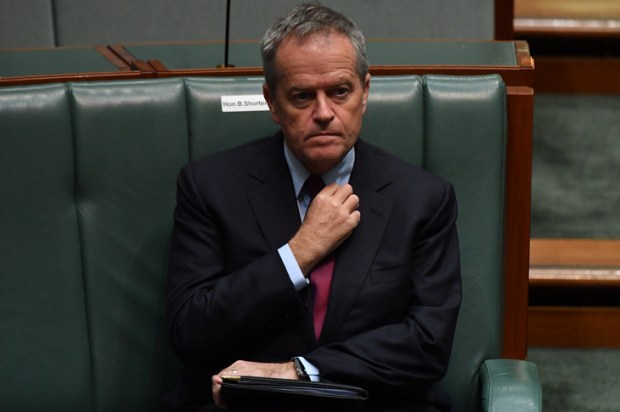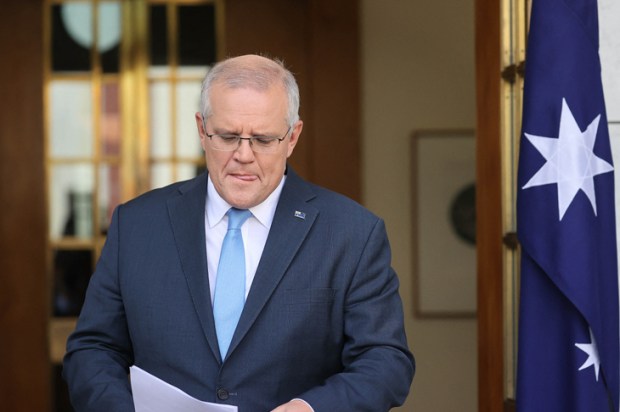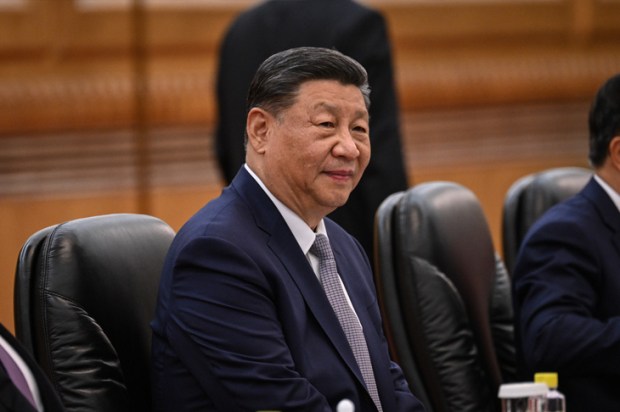The furore over certain organisations trying to ignore Australia Day is just part of a major trend in developed countries where time and again very smart, driven executives of major companies have fallen for the trap of thinking that the vast bulk of consumers of their company’s products share the concerns of tiny but extremely noisy groups with woke agendas.
Already a subscriber? Log in
Subscribe for just $2 a week
Try a month of The Spectator Australia absolutely free and without commitment. Not only that but – if you choose to continue – you’ll pay just $2 a week for your first year.
- Unlimited access to spectator.com.au and app
- The weekly edition on the Spectator Australia app
- Spectator podcasts and newsletters
- Full access to spectator.co.uk
Unlock this article
Mark Lawson has written ‘Dark Ages – the looming destruction of the Australian power grid’ (Connor Court)
You might disagree with half of it, but you’ll enjoy reading all of it. Try your first month for free, then just $2 a week for the remainder of your first year.














Comments
Don't miss out
Join the conversation with other Spectator Australia readers. Subscribe to leave a comment.
SUBSCRIBEAlready a subscriber? Log in